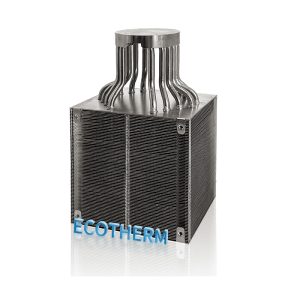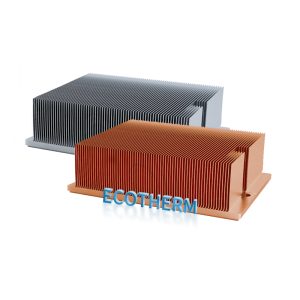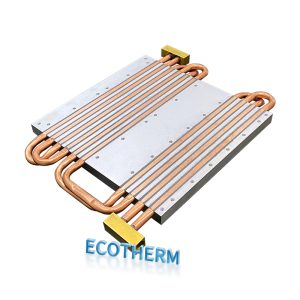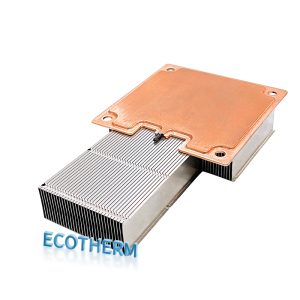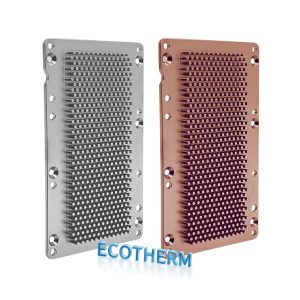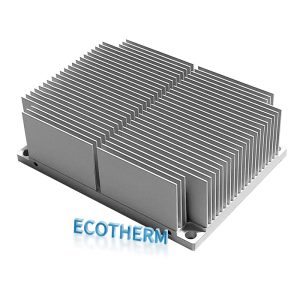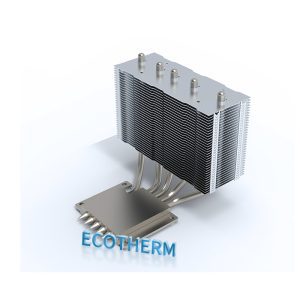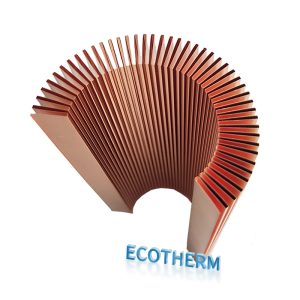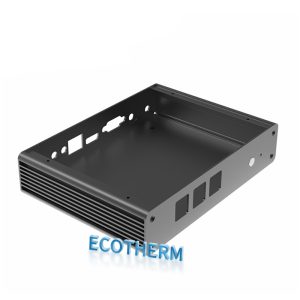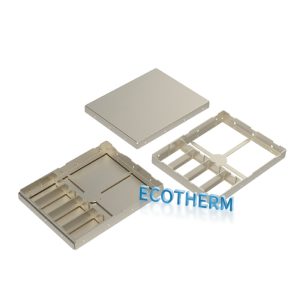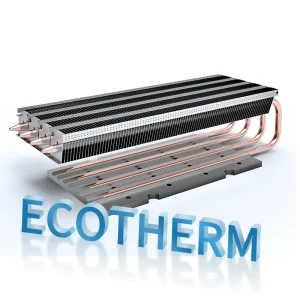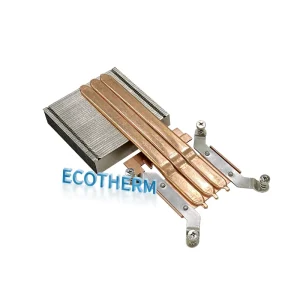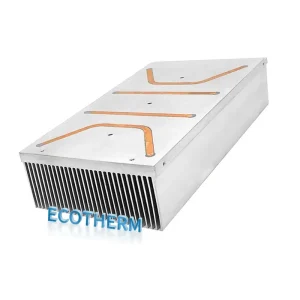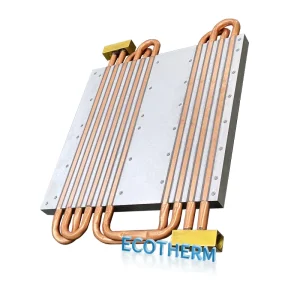Exploring Stamping Parts Heat Sinks for Precise Cooling
In industries where thermal management is paramount, heat sinks play a pivotal role in ensuring the efficient operation and longevity of electronic components and systems.
As electronic devices continue to advance and generate more heat, effective cooling solutions become increasingly vital.
Standard heat sinks, often referred to as off-the-shelf solutions, are readily available cooling components with generic designs. These heat sinks come in various shapes, sizes, and materials, catering to a wide range of applications. Their accessibility and affordability make them a popular choice for many industries.
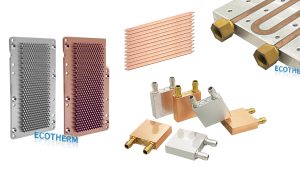
Pros:
Affordability: Standard heat sinks are cost-effective due to mass production and economies of scale.
Quick Availability: With pre-existing designs, standard heat sinks can be promptly sourced from suppliers.
Suitable for Common Applications: For standard cooling requirements in less demanding environments, these heat sinks are suitable.
Cons:
- Limited Design Flexibility: Standard heat sinks offer minimal customization options, making them unsuitable for unique specifications.
- May Not Meet Unique Requirements: Applications with specific thermal demands, space constraints, or environmental challenges may require a more tailored solution.
Unveiling Custom Heat Sinks:
Custom heat sinks offer a personalized approach to thermal management, addressing the shortcomings of standard solutions. These heat sinks are meticulously designed to meet the exact requirements of a specific application, offering a range of benefits:
- Design Flexibility: Custom heat sinks can be precisely engineered to match the dimensions, shape, and materials needed for optimal heat dissipation.
- Optimized Performance: By tailoring the design, custom heat sinks can significantly improve heat dissipation, leading to enhanced overall system performance and reliability.
- Unique Applications: Custom heat sinks are indispensable in scenarios where standard solutions fall short, such as specialized electronics, high-power systems, and installations with space constraints.
Factors Influencing the Choice:
Selecting the appropriate heat sink type involves a careful consideration of various factors:
Application Requirements: The thermal demands, space limitations, and operating conditions of the specific application dictate whether a custom or standard solution is suitable.
Cost Considerations: While standard heat sinks offer initial cost advantages, custom solutions may prove more cost-effective in the long run by optimizing performance and preventing system failures.
Collaborative Design Process:
Collaboration between manufacturers and clients is central to the creation of custom heat sinks:
Tailored Solutions: Manufacturers work closely with clients to understand their needs and engineer heat sinks that align perfectly with their specifications.
Prototype and Testing: Prototyping and testing allow clients to evaluate the heat sink’s performance before committing to full-scale production, ensuring optimal results.
Conclusion:
In the intricate world of thermal management, the choice between custom and standard heat sinks holds profound implications for system performance and reliability.
While standard solutions offer affordability and accessibility, custom heat sinks provide tailored excellence, enhancing performance and meeting unique demands.
As technological landscapes evolve, it’s imperative to select the right cooling solution for every application.
By seeking expert guidance and leveraging innovative design processes, industries can optimize their thermal management strategies and pave the way for more efficient and durable systems.

